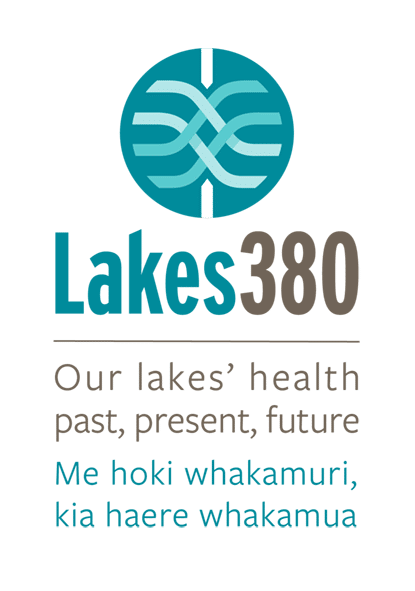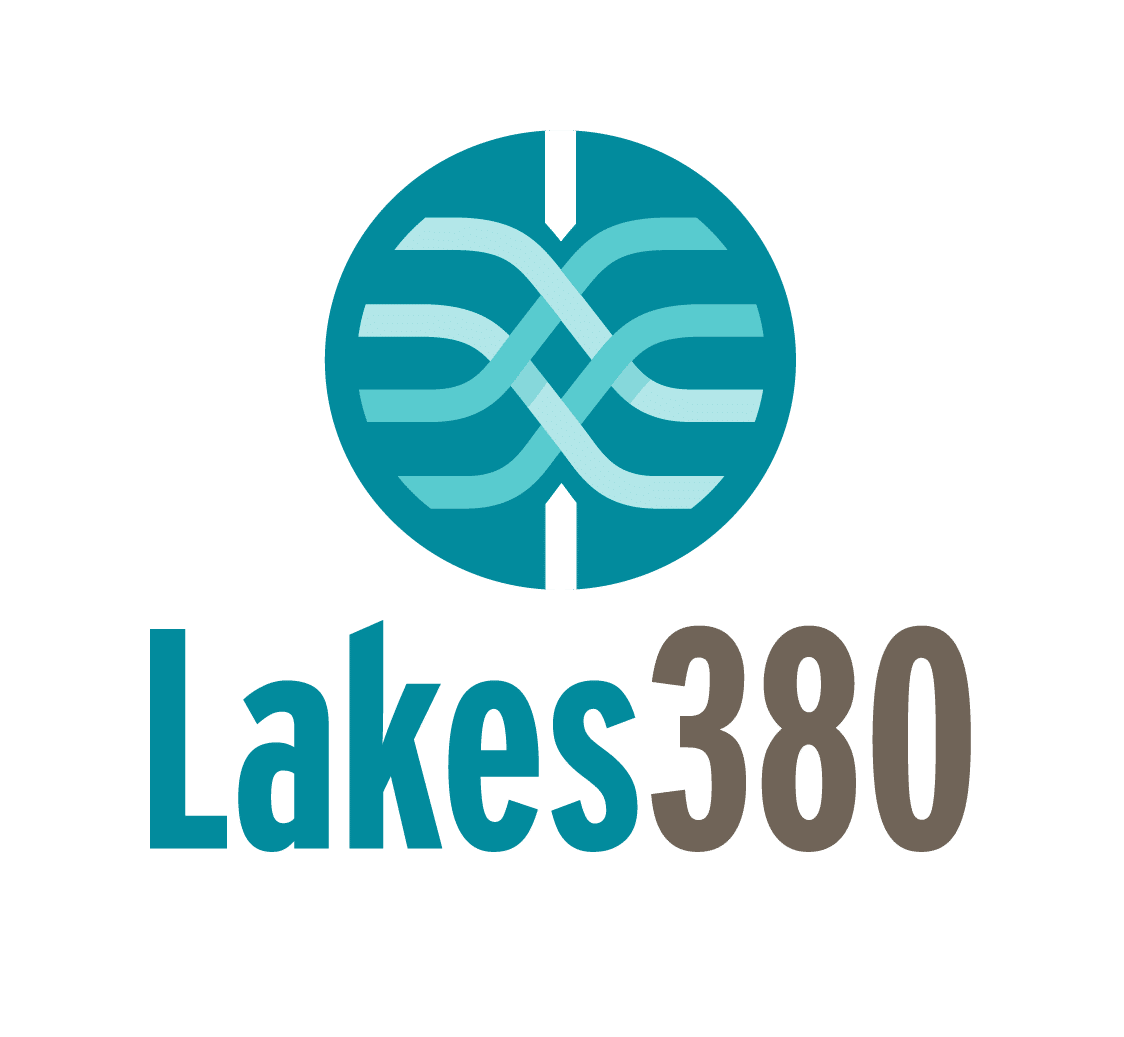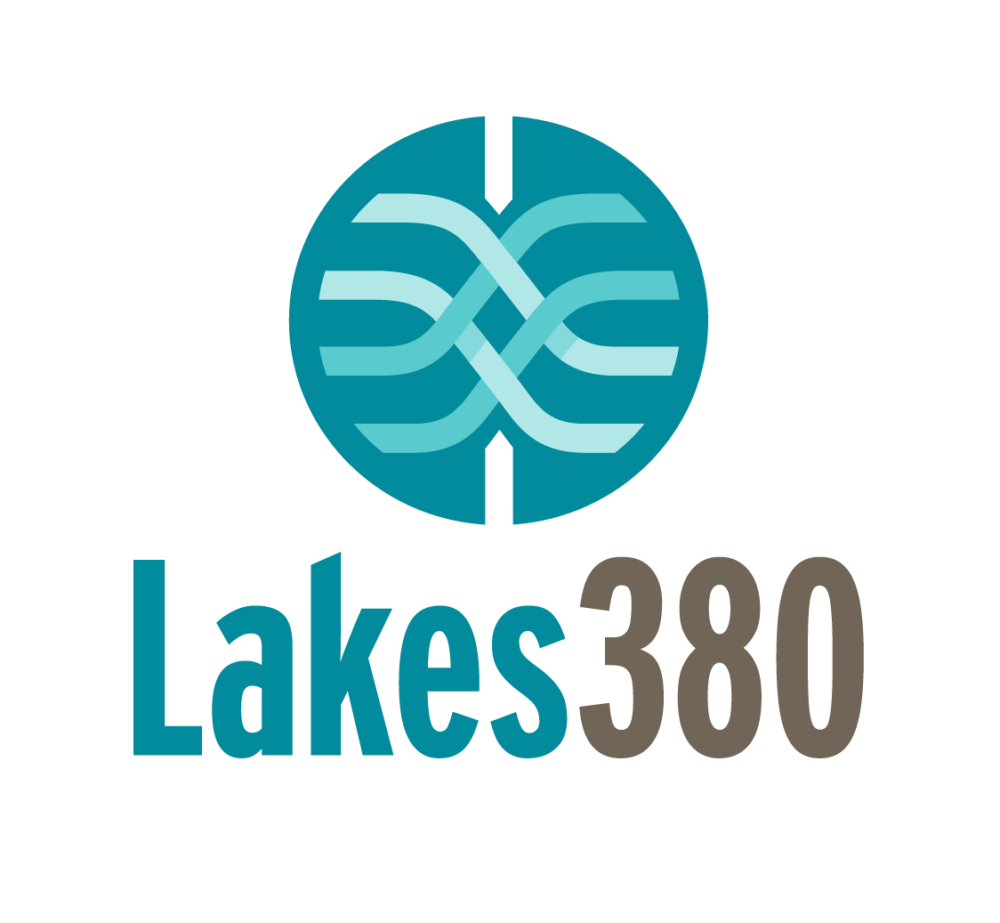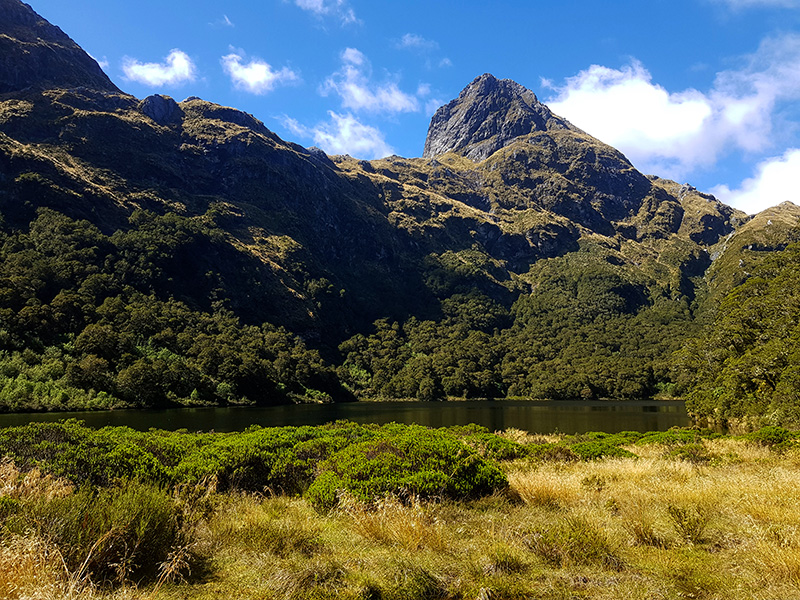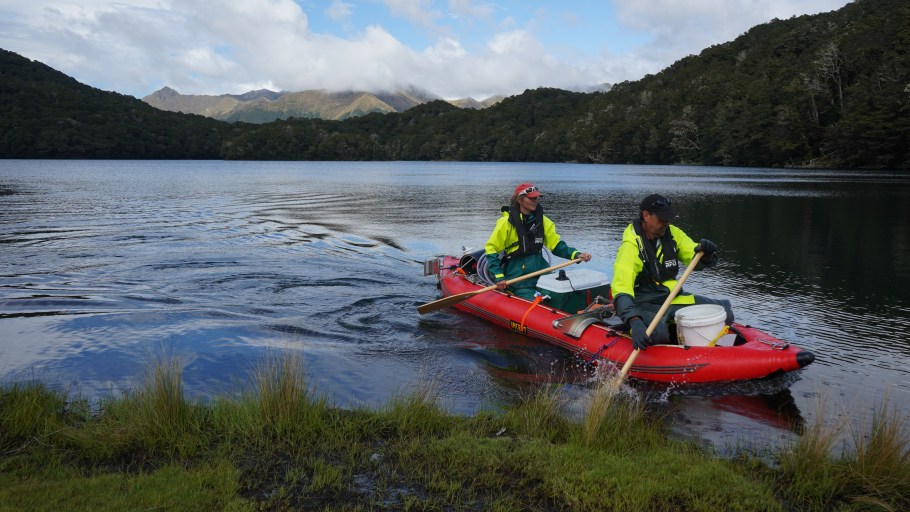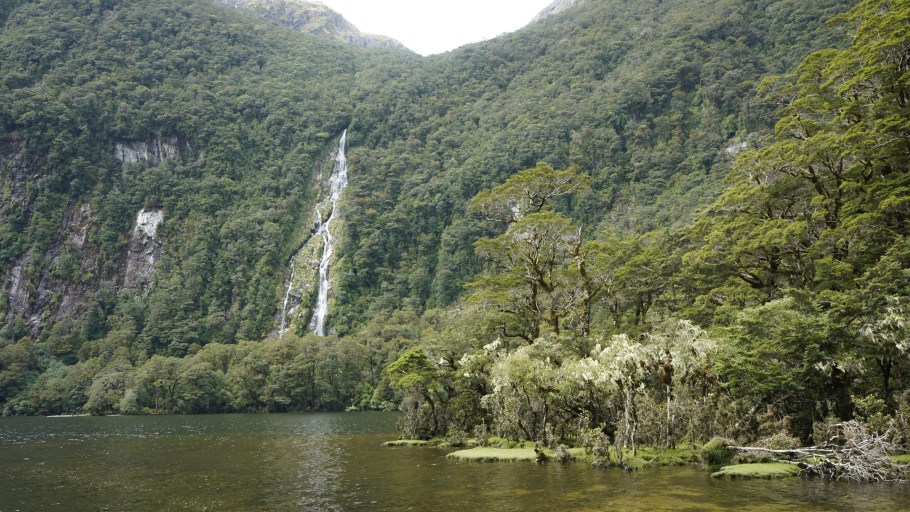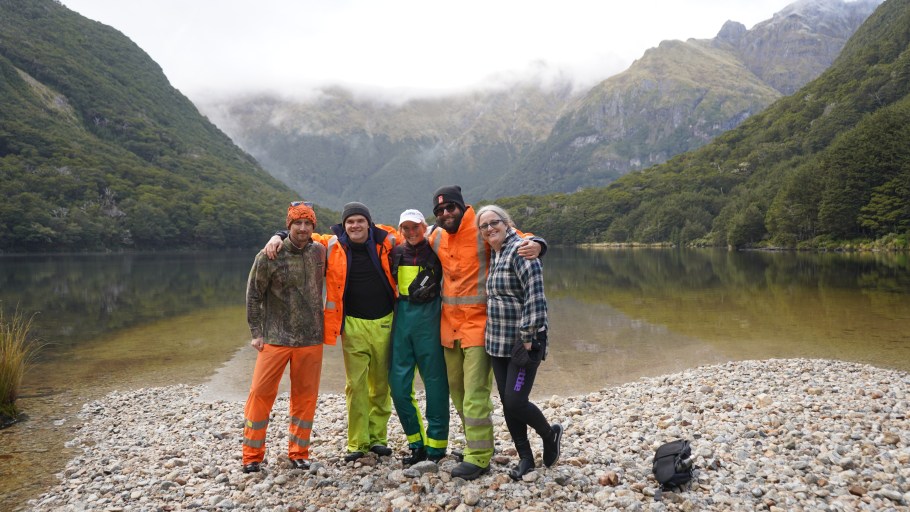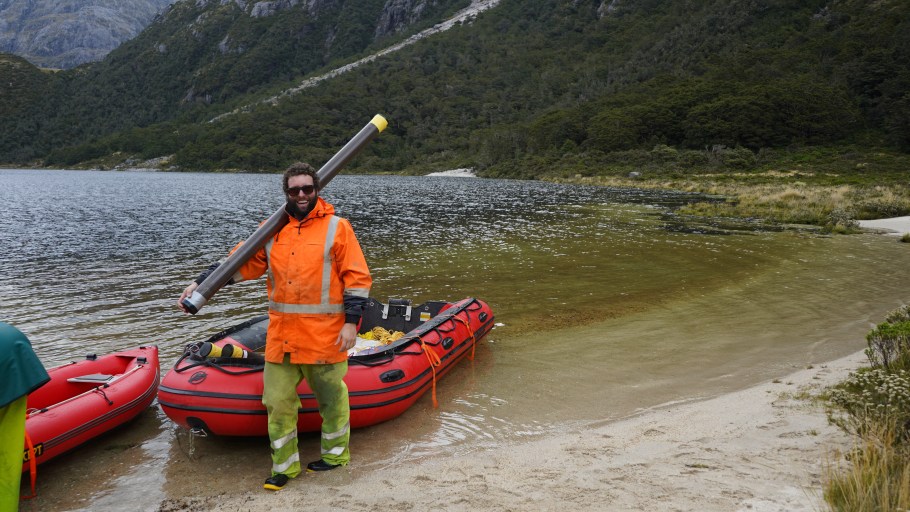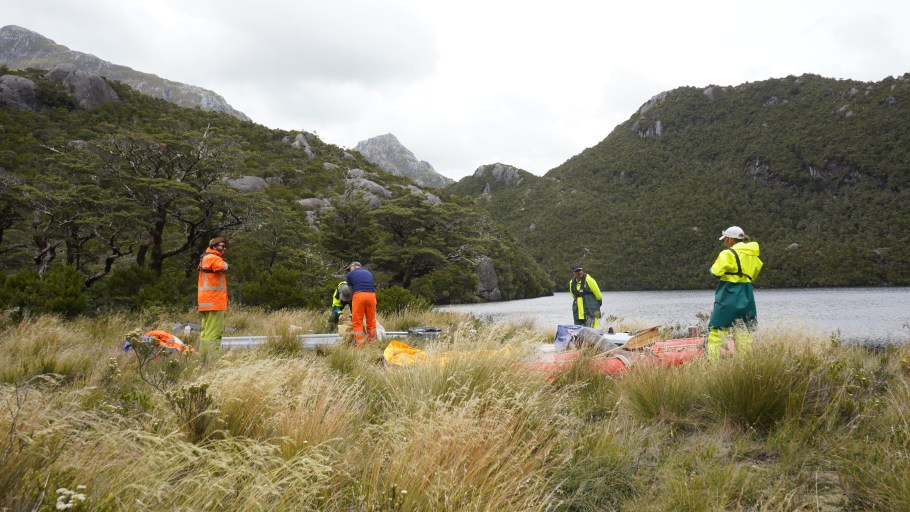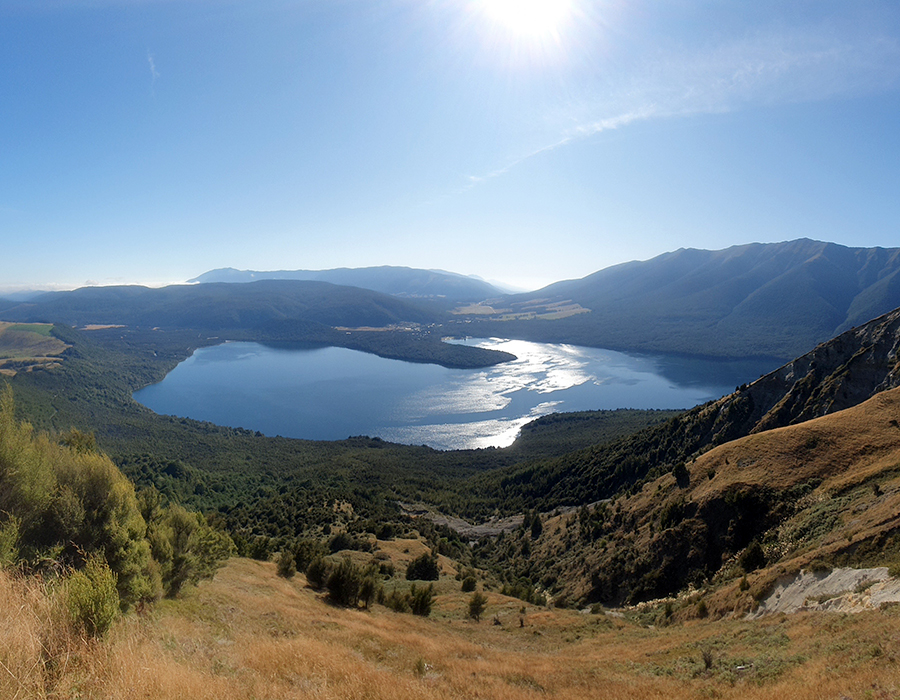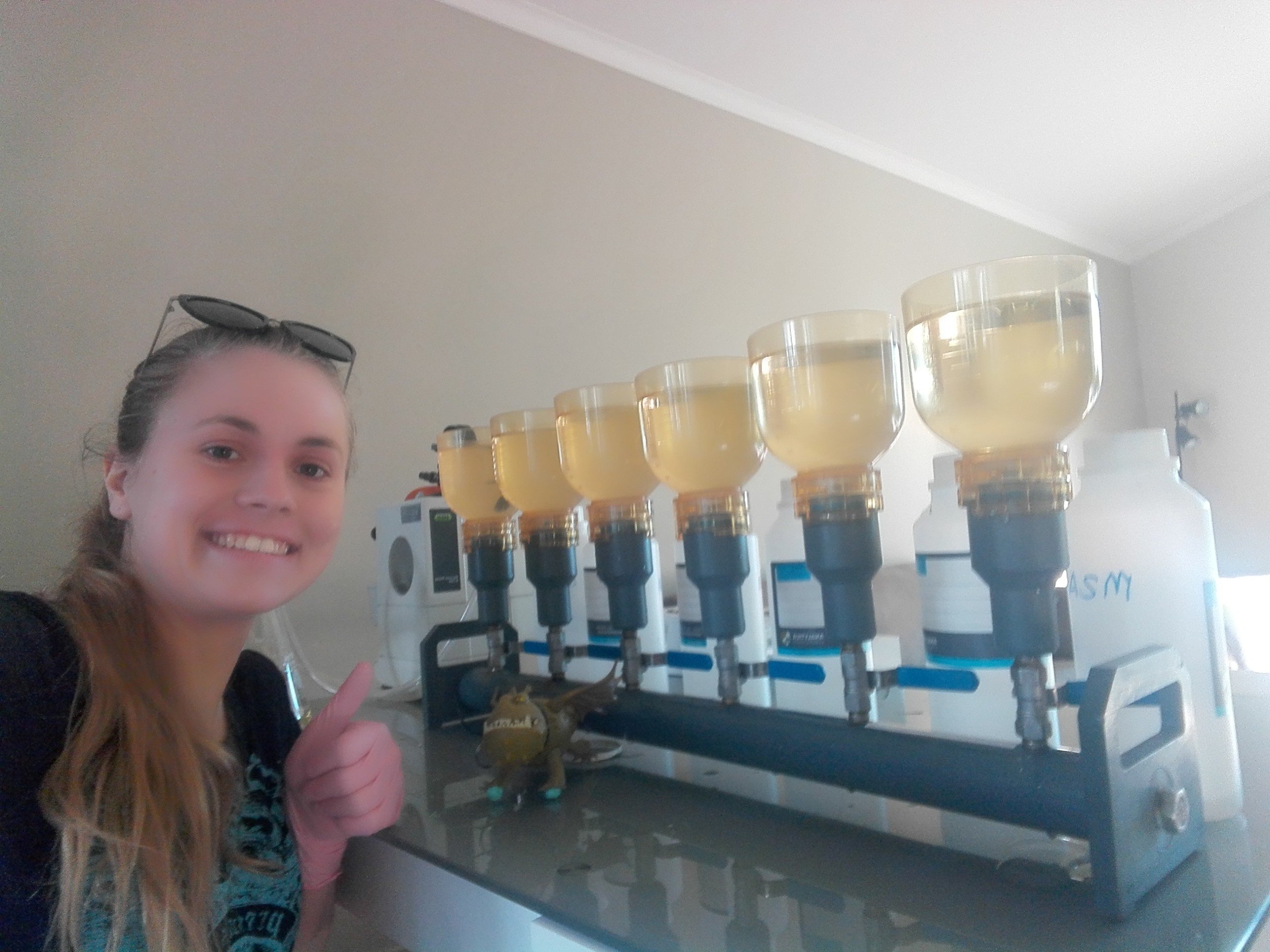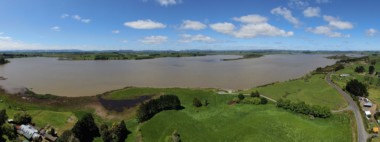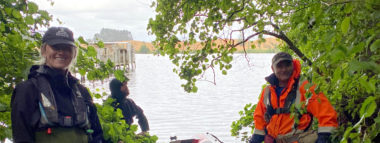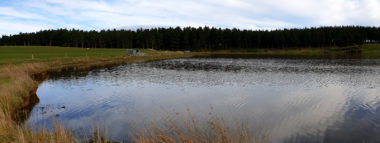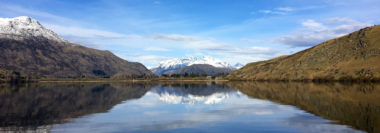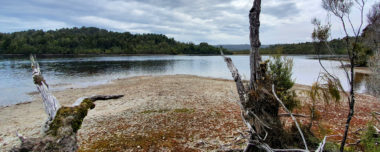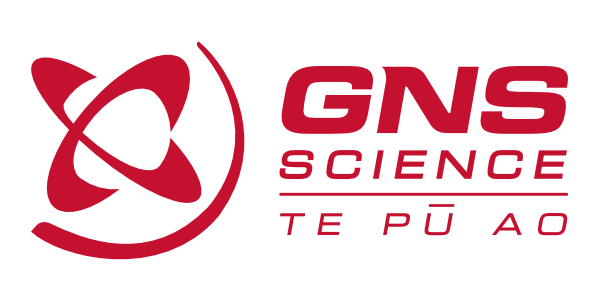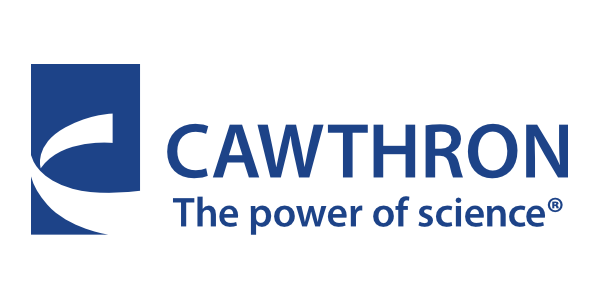By Rose Gregersen- PhD Student, Auckland University
The Southland field trip began for me with a nightmare flight into Invercargill, and ended with no desire whatsoever to head back home to Auckland.
This immense trip was an immense success. Thanks to hours and hours of organisation and preparation, seamless team work and leadership, the team was able to sample a total of forty lakes. Many of these lakes are in as close to un-impacted condition as possible and the cores collected will provide important long-term records of climatic change and reference ecosystem state.
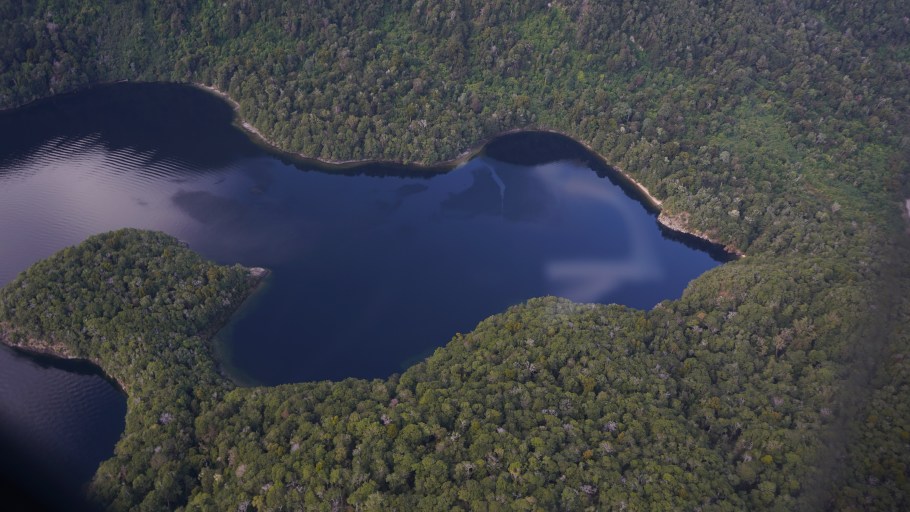
With much of Southland being inaccessible by road, our main mode of transport to and from site was Helicopter. Not only did this serve us amazing views but also gave me immense awe for those travelling the Pounamu trail by foot hundreds of years earlier. Wanting to make the most of helicopter time we aimed to sample two lakes per day in fine weather. Adding on the time between lakes for cleaning, pack down and setup makes for long days in the field – Lucky the team is made of determined, hardworking and passionate people.
I think the breath-taking scenery is partly responsible for this determination – no one was particularly keen to take their scheduled days off. It often felt as though my eyes were deceiving me, the landscape serving as a constant reminder of the importance of Lakes 380

